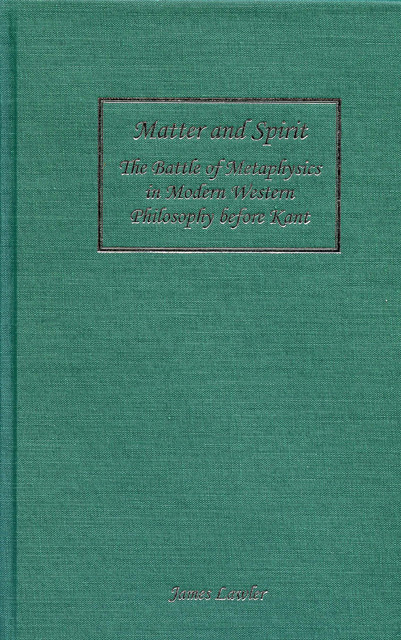4 - John Locke: Underlaborer of the New Sciences
Published online by Cambridge University Press: 17 March 2023
Summary
THE HISTORICAL PLAIN METHOD
Can it be true that everything is material, as Hobbes said—our thoughts and ideas, and even God? What about the Scholastics, with their interpretations of the ideas of Aristotle, who in the seventeenth century continued to dominate the programs of the universities? Is it so sure that they are completely in the dark? Among the new philosophers who criticize the traditional philosophy of the Schoolmen, there are profound divisions. Descartes rejects Hobbesian materialism, arguing that the human being is a unity of both matter and spirit. But how can two so fundamentally different kinds of substances be united? Defenders of these and other philosophical opinions put forward respectable arguments that lead to contradictory conclusions. Recognition of such basic contradictions cannot fail to disturb the minds of thoughtful individuals of the time—individuals such as John Locke (1632–1704) and his friends. In his “Epistle to the Reader” for his major work, An Essay Concerning Human Understanding, Locke writes that he and five or six friends, engaged in a discussion on some topic of interest, found themselves brought to a halt by “the difficulties that rose on every side.” To resolve “those doubts that perplexed us, it came into my thoughts that we took a wrong course; and that before we set ourselves upon inquiries of that nature, it was necessary to examine our own abilities, and see what objects our understandings were, or were not, fitted to deal with.”
At the time (around 1671) Locke was deeply involved in medicine, politics, and economics, as well as being well versed and deeply interested in theology and moral philosophy. Whatever the subject matter of the difficulty mentioned in his Epistle, it must have raised the question as to whether it was even solvable. Perhaps the “objects” in question are not among those that our minds are capable of truly understanding. A work in Locke's handwriting at that time, De Arte Medica [On the Art of Medicine], raises doubts regarding the various theories of disease current at the time. As a sometime medical practitioner, however, Locke understood that a medical doctor must act to solve a medical crisis without knowing the fundamental causes of the problems with which he is confronted. The work recommends therefore “a purely empirical approach to medical practice.”
- Type
- Chapter
- Information
- Matter and SpiritThe Battle of Metaphysics in Modern Western Philosophy before Kant, pp. 106 - 158Publisher: Boydell & BrewerPrint publication year: 2006



